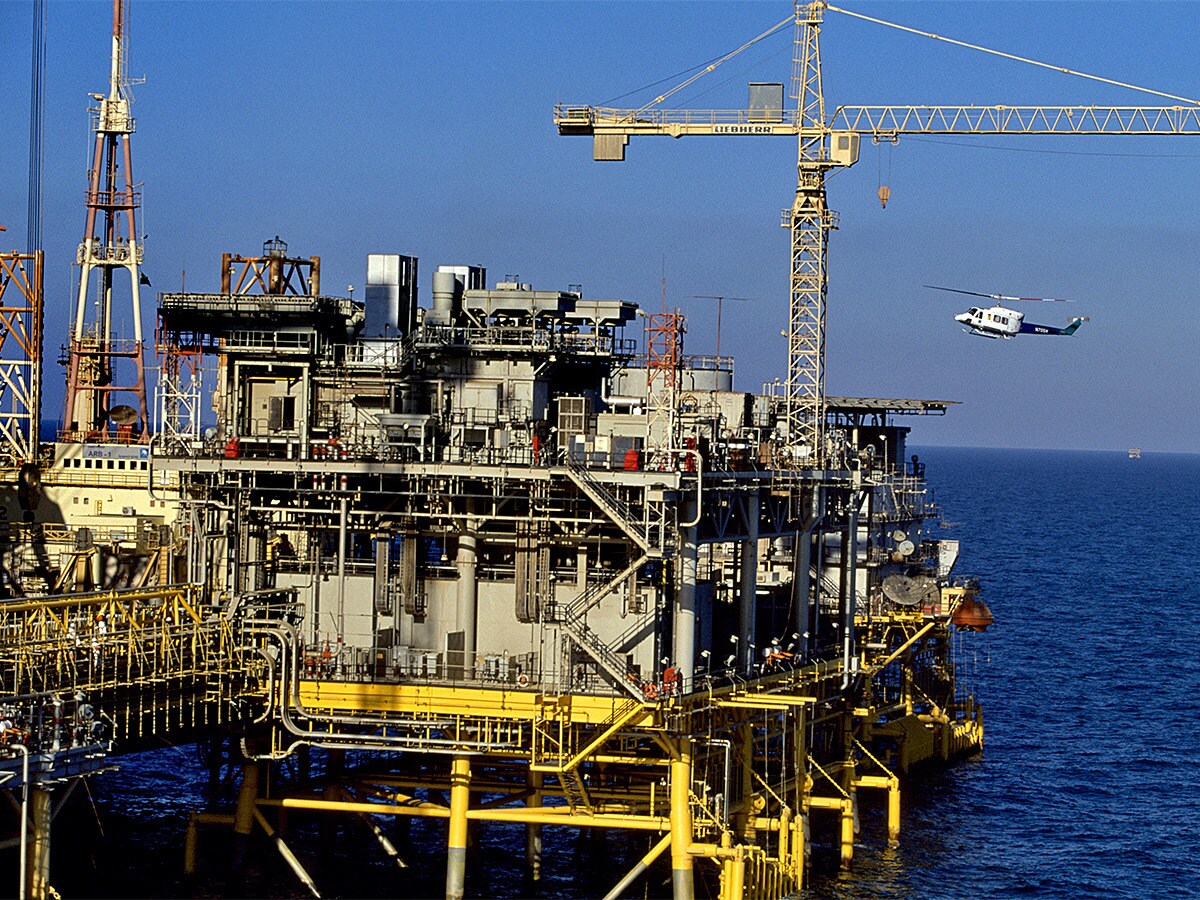News of a partnership between automakers Renault and Geely was first announced towards the end of last year, when the two companies signed an agreement to develop low-emission powertrains. Saudi Aramco is being touted as a potential investor.
- The Renault-Geely joint venture is part of the French automaker’s wider overhaul of its operations.
- Saudi Aramco’s involvement would follow a research partnership with Hyundai announced last year.
- Both Geely and Renault are held by Global X Autonomous & Electric Vehicle ETF [DRIV].
The world’s largest oil producer Saudi Aramco [2222.SR] could be ready to invest in an engine joint venture (JV) between Renault [RNO.PA] and Geely [0175.HK].
According to an exclusive Reuters report, the JV has been given the code name ‘Rubik’ by Geely and ‘Horse’ by Renault. It’s part of the French automaker’s big overhaul to lift its profits, first announced last November, which will split operations into five separate businesses. ‘Horse’ will encompass its legacy internal combustion engines (ICEs) and will see the company work with Geely to develop more efficient engines and hybrid systems.
As part of the JV, Renault and Geely will launch a standalone powertrain technology company later this year, and will produce more than 5 million hybrid and low-emission engines and transmissions per year.
The Renault share price is up 19.25% since the start of 2023, while Geely’s has gained 5.6%. The Saudi Aramco share price has risen 2.8% in the same period.
Separation of combustion engine unit raises questions
A tie-up with an oil giant may seem odd at a time when the wider automotive industry is pushing for electric vehicles, but Renault chief financial officer Thierry Pieton told CNBC back in November that the ICE market won’t be running out of gas anytime soon.
“[T]here is no scenario where ICE and hybrid engines represent less than 40% of the market with a horizon of 2040”, said Pieton, adding that the engines represent “a market that’s going to continue to grow”.
Renault is also establishing a separate EV unit, nicknamed ‘Ampere’, that will go public later this year and is set to launch six models by 2030. However, in a November 2022 note seen by Reuters, Jefferies analyst Philippe Houchois said that Renault’s overhaul could end up posing challenges.
"The separation of combustion engine [and] electric operations is critical to the investment case, but the split into five different units ... introduces undue complexity for governance and valuation," wrote Houchois.
RBC’s Tom Narayan pointed out in a note that Renault’s split “contrasts with what some other automakers have said, notably Volkswagen [VOW.DE], Mercedes-Benz [MBG.DE], and Stellantis [STLA], who do not believe in [EV] business separations”.
Saudi Aramco’s fuel partnerships
While investment from Saudi Aramco isn’t guaranteed, the move does make sense on paper.
Last March, the company teamed up with Hyundai Motor Group [005380.KS] to research ultra lean-burn engines that can help lower carbon dioxide emissions from hybrid electric vehicles.
The Saudi Arabian oil giant also announced last September that it had signed an agreement with Formula Motorsport on the use of its zero-emission sustainable fuels in the Formula 2 and Formula 3 2023 car racing championships.
According to a Le Monde story from last September, Saudi Aramco could potentially work with Renault and Geely to develop synthetic fuels that are compatible with the energy-efficient combustion engines the pair plan to work on together. The oil producer has a research centre in Paris, which focuses on energy, transport and the environment.
Funds in focus: Global X Autonomous & Electric Vehicle ETF
Both Renault and Geely are held by the Global X Autonomous & Electric Vehicle ETF [DRIV], at 1.66% and 0.79% of the portfolio respectively as of 20 January. The fund is down 17.1% over the past year, but up 16.3% since the start of 2023.
Geely is currently the eighth-biggest holding in the KraneShares Electric Vehicle & Future Mobility ETF [KARS], with a weighting of 2.97%. The fund is down 23.7% over the past year, but up 14.6% since the start of 2023.
For more adventurous investors looking for exposure to Saudi Aramco and the Middle East region, the iShares MSCI Saudi Arabia ETF [KSA] may be the best option. The oil producer is the fourth-biggest hold, with a weighting of 6.75% as of 20 January. The fund is up 3.6% since the start of 2023, but down 8.9% over the past year.
Continue reading for FREE
- Includes free newsletter updates, unsubscribe anytime. Privacy policy





